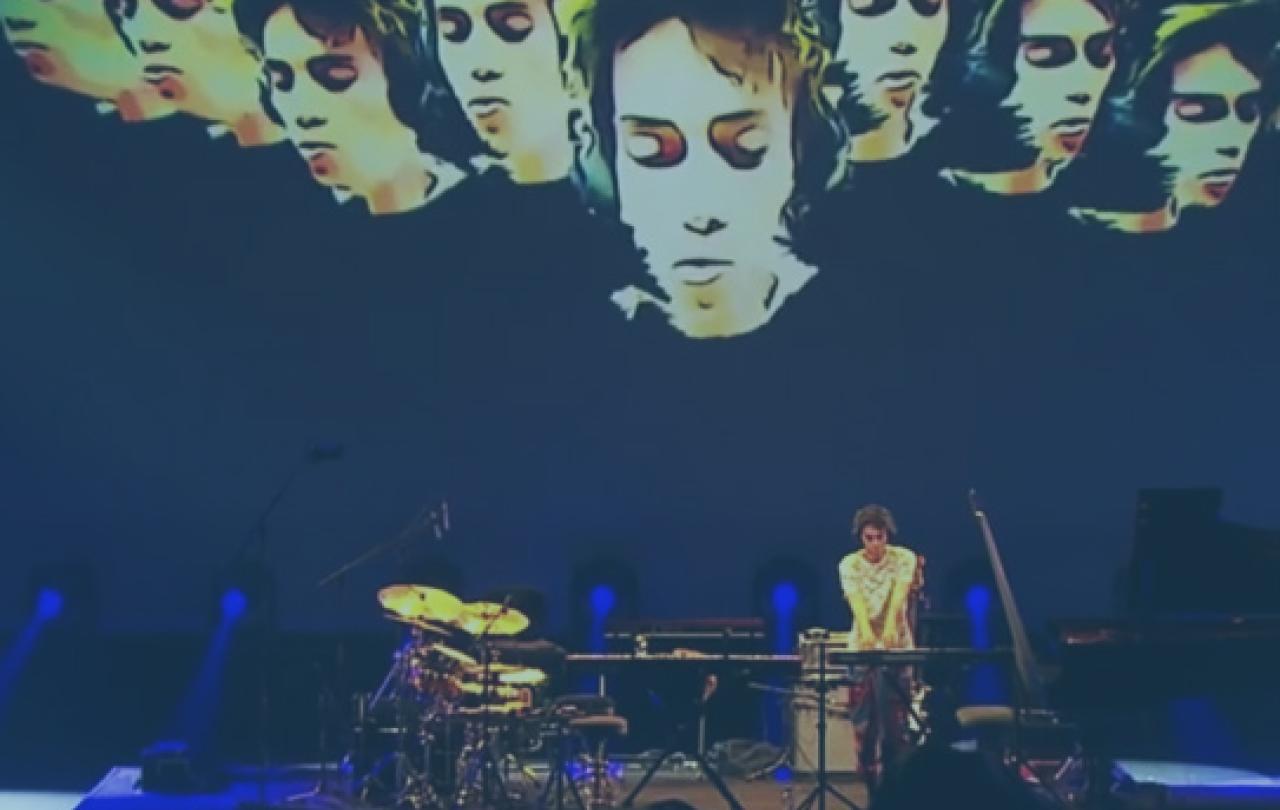
It takes a lot of courage to write about what you don’t know. Newspaper columnists and restaurant critics are paid to be omniscient, and Giles Coren is very good at channeling observation and insight into his articles in an acerbic and amusing way.
He recently wrote in The Times about what he does and doesn’t know about Christianity. He wrote with humility and humour, which amongst other things made me wonder how many of us who are part of the church would do well to be honest about what we don’t know.
The journey that Coren tells about his “not not believing” is staked along the way by the language of the church and its buildings. In other words: worship.
Belle Tindall recently wrote about the prejudice met by Kate in White Lotus when she tells her friends that she finds going to church “very moving.” To them it is “self-defeating”, but perhaps it opens us up the possibility that there is a greater centre of gravity than our own selves. Going to church has been associated with so many unhelpful divisions and distractions and often the church is to blame.
But believers and non-believers alike run the risk of missing out on so much of faith. We limit it to information and observation, when the full benefit is found in participation. Whether pilgrims, prodigals or someone else altogether, we can analyse and stand on the sidelines as much as we want, but Coren and his son are taking part:
“I gave up not going to church some time ago. Most Sundays I am there, praying and singing — another lapsed atheist hoping that the non-existent God he was brought up not to believe in doesn’t see.”
Perhaps this act, and writing about it in The Times, is even braver given our seemingly disembodied, digital, post-pandemic individualistic lives. A podcast may give you propositional truths you can accept or reject, but being caught up in worship is in a different order altogether. Coren writes:
“And I have a sense that God is there — in the tradition, the words, the 2,000 years of conviction, the imagination of all the people who came before me…”
God is the interesting thing about Christianity, and Christians believe that this God became human. Amidst all that we don’t know and don’t see, going to church makes tangible what can feel intangible.
Coren writes that the only moment he feels left out is in Communion, and that perhaps one day he will get baptised. The Greek word where we get ‘baptism’ from means to overwhelm. In an overwhelming world, more and more people are seeing the merit in being overwhelmed with God. If we are to experience this, it means that at some point we need to dive into the water.





